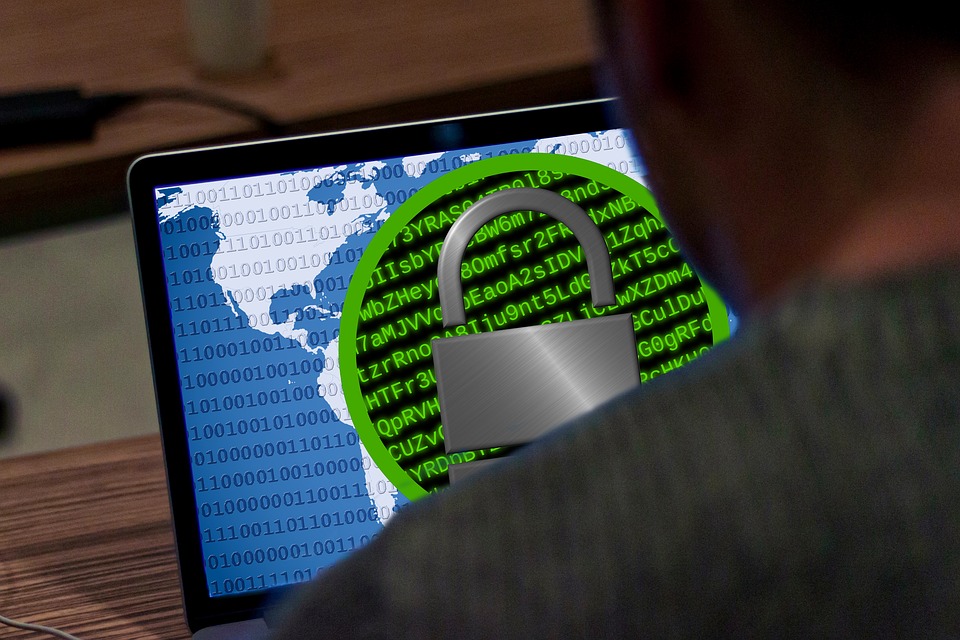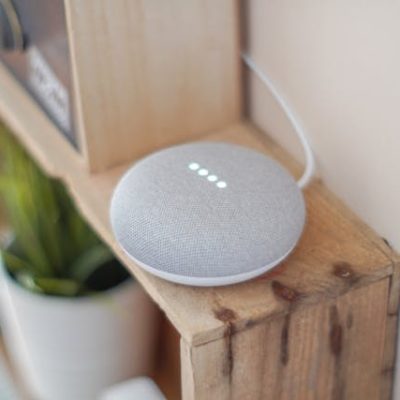Our online security has never been more important. It can be a little bit difficult to recognize the fact that we now live a significant portion of our lives through computers and mobile devices, because it’s happened gradually. Effectively, we now house pieces of our identity on the internet, or at least on tech devices that can connect to it. Generally, this is a good thing. It makes everything from entertainment to financial transactions more efficient, and it gives us more time to manage our busy lives. But more internet interaction also comes with safety and security risks, so we wanted to take a moment to cover some basic tips in this area.

Use A Password Protector
We’ve all had the experience of typing in a password, being told by the program or site at hand that it’s “weak,” and using it anyway. It’s easy to feel like any old password will be safe, because we’re the ones who came up with it. But like it or not, it’s a basic fact that some passwords are more secure than others, and your private information – from social media profiles to bank accounts – is safer if you use a more complex code. This is why it’s a good idea to use a password protector that can store and guard your passwords to different sites. With something like this installed on your computer or mobile devices, you really only need to remember one master password (which unlocks the protector program). That way you can choose more complex passwords for your numerous online accounts, and if you forget them because of their complexity, you have them safely stored.
Devote Time To Privacy Settings
Just as it’s easy to ignore when a program is telling us a password is weak, it can be tempting to brush past privacy settings on social media accounts and other online programs. Managing settings of any kind always feels tedious, and we like to think the sites we belong to will guard our private information. But that’s just not always the case. Whether on Facebook, LinkedIn, or any other virtual network, you should always devote time to understanding and adjusting your privacy settings. It’s the best way to control your online identity as it appears to others.
Use Caution In Entertainment
Millions and millions of people engage in online gaming these days, and while sometimes it’s pretty harmless (as with browser-based arcades and simple mobile apps), there are a lot of games that ask for personal information or even financial accounts. These games can be fine to use, but it’s absolutely vital to practice proper safety tips when dealing with them. That means making sure they’re reputable and, if necessary, appropriately licensed; it also means checking ratings and reviews to make sure no one else has had problems with them. And most importantly, it means guarding your gaming account just as you would a social media or financial account, so as to keep any deposits or personal information protected.
Stay Impersonal Wherever Possible
It’s also wise not to splash your personal information around the internet when you don’t actually need to. For instance, if you’re creating usernames for site memberships or comment sections, there’s no need to use your real name or location. Likewise, if you need to use a social media account or email address to sign up for something where that account or address will be viewable, you might want to set up alternate accounts just for this purpose. You just never know who might be keeping tabs on you or why, so it’s best to stay impersonal and anonymous wherever possible.





